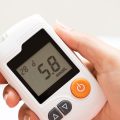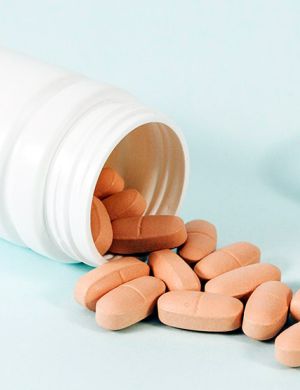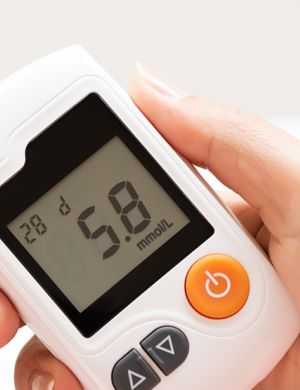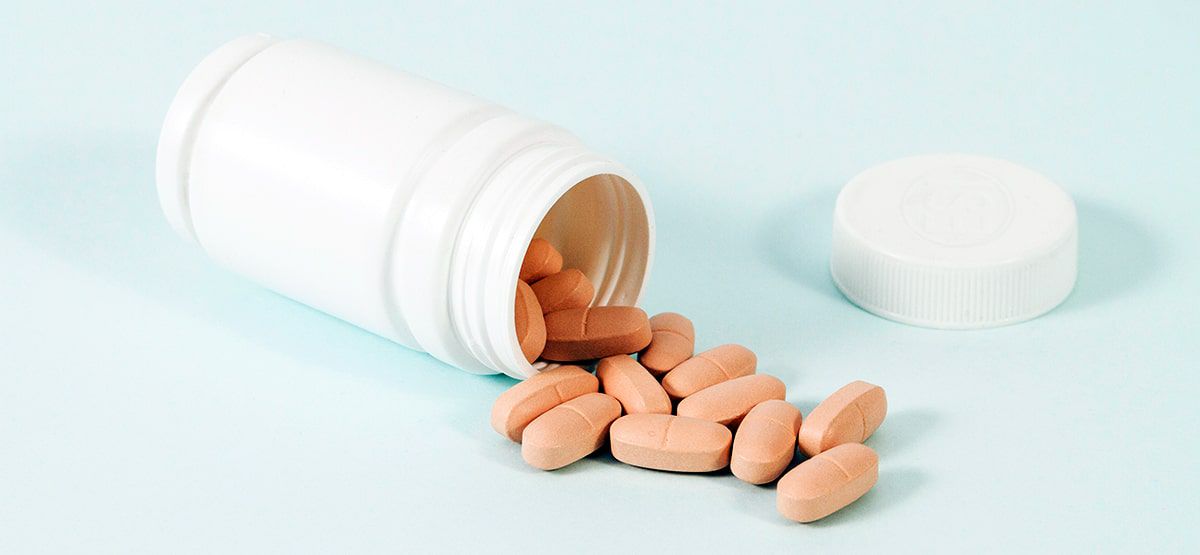
Pharma/Biotech – Asia, ROW Regulatory News, Sep 2023 Vol. 2
ASIA
Pakistan
Draft Format for Submission of Data under the Ethical Marketing to Healthcare Professionals Rules 2021
The Ethical Marketing to Healthcare Professionals Rules have been notified vide SRO 1472(I)/2021 on the 12th of November 2021 by the Drug Regulatory Authority of Pakistan. These rules have been promulgated to make the interaction between companies and healthcare professionals transparent, free from corrupt practices and to facilitate medical decisions making in the best interest of the patient. The aforementioned rules require therapeutic goods companies to submit marketing expenditure details under rule 14(2) and annual compliance certificate under rule 13(h). Subsequent to the notification of these rules, DRAP has drafted an implementation strategy which requires systematic data submission.
Relocation of Manufacturing Units from Residential Area to Industrial Area
DRAP issued directions to the manufacturers vide No.F.1-78/2018-DD(H&OTC)(Pt) dated 2nd September, 2019 for those whose manufacturing units were situated in the residential area to relocate their manufacturing sites to the industrial areas to ensure the environmental safety and protection of public health. Following DRAP guidelines, another large manufacturer of alternative medicines has relocated its facility from a residential to an industrial area. Consequently, EEC has cancelled previous enlistment certificates (Form-6 and Form-7) and issued revised enlistment certificate for the new manufacturing site in the residential area.
Application (Form II-A) for approval and registration of bio-equivalence or bio-availability study
DRAP published Application (Form II-A) for approval and registration of bio-equivalence or bio-availability study.
S.R.O. 1067(I)1 2023: Schedule of Charges for GMP Certificate and Panel Inspection
ln exercise of the powers conferred by sub-section (l) of section 20 of the Drug Regulatory Authority of Pakistan Act, 2012 (X.XI of 2012) read with sub-rule (3) of rule 4 of the Drug Regulatory Authority of Pakistan (Fee and Levy) Rules, 2022, and in partial modification of its previous Notification No. S.R.O.496(|)/2023 dated the 17tr day of April, 2023,the Drug Regulatory Authority of Pakistan, with the approval of the Policy Board, is pleased to direct that the fee specified.
Japan
Japan’s PMDA translates advice on using e-consent technologies in clinical trials
Japan’s Pharmaceuticals and Medical Devices Agency (PMDA) has translated a document about the use of “electromagnetic means” to get informed consent from participants in clinical trials and post-market studies. The document, the Japanese version of which was published in March, provides points for sponsors to consider about the use of electronic informed consent technologies. E-consent technologies provide an alternative to paper-based processes and, in the view of advocates for the digital approach, can improve subjects’ understanding of studies and streamline the process of obtaining consent. Like other digital clinical trial technologies, e-consent benefited from increased interest as the pandemic prevented sites from performing their normal processes. Technology eliminates the need for talks about what the study entails to happen in person.
Philippines
Guidelines on the Publishing of Package Insert and Patient Information Leaflet of Registered Drug Products in the Food and Drug Administration (FDA) Verification Portal System
This Circular shall provide guidelines to all Marketing Authorization Holders (MAHs) of drug products on the publishing of the package insert and patient information leaflet of registered drug products. This Circular shall also provide the healthcare professionals and consumers with the latest information on drug safety and use, through PI and PIL publication on the FDA Verification Portal System.
ROW
Australia
New reporting requirements for medicine shortages
Companies supplying medicines in Australia will be required to provide additional information to the Therapeutic Goods Administration (TGA) if their products go into shortage. Upcoming changes to reporting requirements will assist health professionals and patients in managing shortages by keeping our Medicine Shortage Reports Database as up-to-date as possible. From 22 September 2023, companies supplying medicines (known as ‘sponsors’) will be required to specify the period of each medicine shortage in Australia. This follows changes to the Therapeutic Goods Act 1989- external site (Act) that came into force in March 2023. A six-month grace period allowed sponsors to refine their internal shortage reporting processes to manage the change.
Submitting data in the eCTD format
TGA published guidance on how to submit data in the electronic Common Technical Document (eCTD) format. This information is for sponsors and manufacturers wanting to submit data in the electronic Common Technical Document (eCTD) format.
New Zealand
New Zealand’s new database aims to improve ADR turnaround time
Authorities in New Zealand are transitioning the collection and storage of adverse reaction (ADR) reports to a new database to improve efficiency and shorten processing time. The original system used by New Zealand’s Centre for Adverse Reactions Monitoring (CARM) and Medicines and Medical Devices Safety Authority (Medsafe) was established by the University of Otago in 1965. CARM and Medsafe began using an early version of the system late last year to process ADRs for vaccines against COVID-19 and Mpox. They have now completed work on the new system.
New Zealand clarifies acceptable overseas evidence of GMP in updated medicine guidelines
The New Zealand Medicines and Medical Devices Safety Authority (Medsafe) has published the fifth version of its guidelines on the manufacture of medicines. Medsafe used the update to clarify examples of acceptable evidence from audits by authorities in the United States and European Union. New Zealand accepts any good manufacturing practice (GMP) certification document issued by a recognized authority that confirms compliance. The updated guidelines expand the list of recognized authorities to include Bulgaria, Croatia, Cyprus, Estonia, Latvia, Lithuania and Slovenia, and clarify the information about using evidence from US Food and Drug Administration (FDA) audits.
Brazil
Anvisa publishes new import manual by postal shipment
The document aims to guide the population on the purchase of products subject to health surveillance (such as medicines, cosmetics, medical equipment and cigarettes, for example) that are transported and delivered by the Post Office. In the manual you can find out more about this type of import, what can and cannot be imported and what to do if your merchandise is detained during inspection. The Agency also gives tips on what to check when importing this type of product.
Anvisa clarifies doubts about carrying out clinical analysis tests in pharmacies
The document presents the answers to the main questions received through Anvisa’s communication channels regarding the Resolution of the Collegiate Board (RDC) 786/2023. The standard provides for the technical- sanitary requirements for the operation of clinical laboratories, pathological anatomy laboratories and other services that carry out activities related to clinical analysis exams (EACs). The resolution, which came into force on August 1st, allows clinical analysis tests to be carried out, on a screening basis, in pharmacies and offices.
Consultation on transition period for industry to provide GMP evidence for drug substance manufacturers
The Health Sciences Authority (HSA) is seeking industry stakeholders’ feedback on the transition period that may be required for industry to fully comply with the submission requirement for Evidence of Good Manufacturing Practice (GMP) Compliance of chemical drug substance (DS) manufacturers. The full implementation will apply prospectively to New or Generic Drug Applications (NDA/GDA) and Minor Variation Applications (MIV-1) for addition of a new DS manufacturer. This will align the GMP requirement for chemical DS manufacturers with that currently applied to biologic DS and enable companies to better assure the quality of therapeutic products that they supply in Singapore for use in our patients.
South Africa
ECTD validation and technical screening for Renewals
The Validation Template is used on receipt of an application to verify that all required information has been supplied to SAHPRA in order to evaluate an application for the renewal of registration of a medicinal product for human or veterinary use submitted in eCTD format. The applicant must ensure that all relevant fields are completed. For products registered in the year 2017 and dating further back, a full eCTD baseline (0000) submission in line with the General Information guideline for registration will be required (only if the dossier has not yet been converted to eCTD): Complete and submit only Sections A.1; A.3 and C for the baseline sequence.
Follow-up sequences (related to the renewal application): Complete and submit only Sections A.1 A.3; B; D and E.
Availability of Medicines for Use In A Public Health Emergency (PHE)
This guideline provides recommendations to applicants who intend to submit applications for the registration or authorization of medicines intended to be available to those affected by a public health emergency. It represents the current thinking of the South African Health Products Regulatory Authority (the Authority) on approaches to determine the quality, safety, and efficacy of the medicines required in a public health emergency, and is not intended as an exclusive approach.
Guidelines for Post Marketing Surveillance of Medicines and Health Products
To develop a medicine information data bank on the quality of medicines in circulation and disseminate such information to stakeholders involved in the medicines supply chain. To promote communication and cooperation between stakeholders and partners involved in the medicines supply chain. To identify possible causes of inferior quality of specific products to which patients are exposed.
Don’t miss out! Click here to stay in touch.
Categories
- Biopharma (59)
- Consumer Health (22)
- Cosmetics (11)
- Diagnostics (5)
- Digital Health (8)
- Food (2)
- Medical Device (113)
- OTC (5)
- Regulatory Intelligence (13)
- Standards (41)
Recent Blogs
Get the latest updates from Vistaar

CONNECT WITH US

Let's talk about how Vistaar can help you





